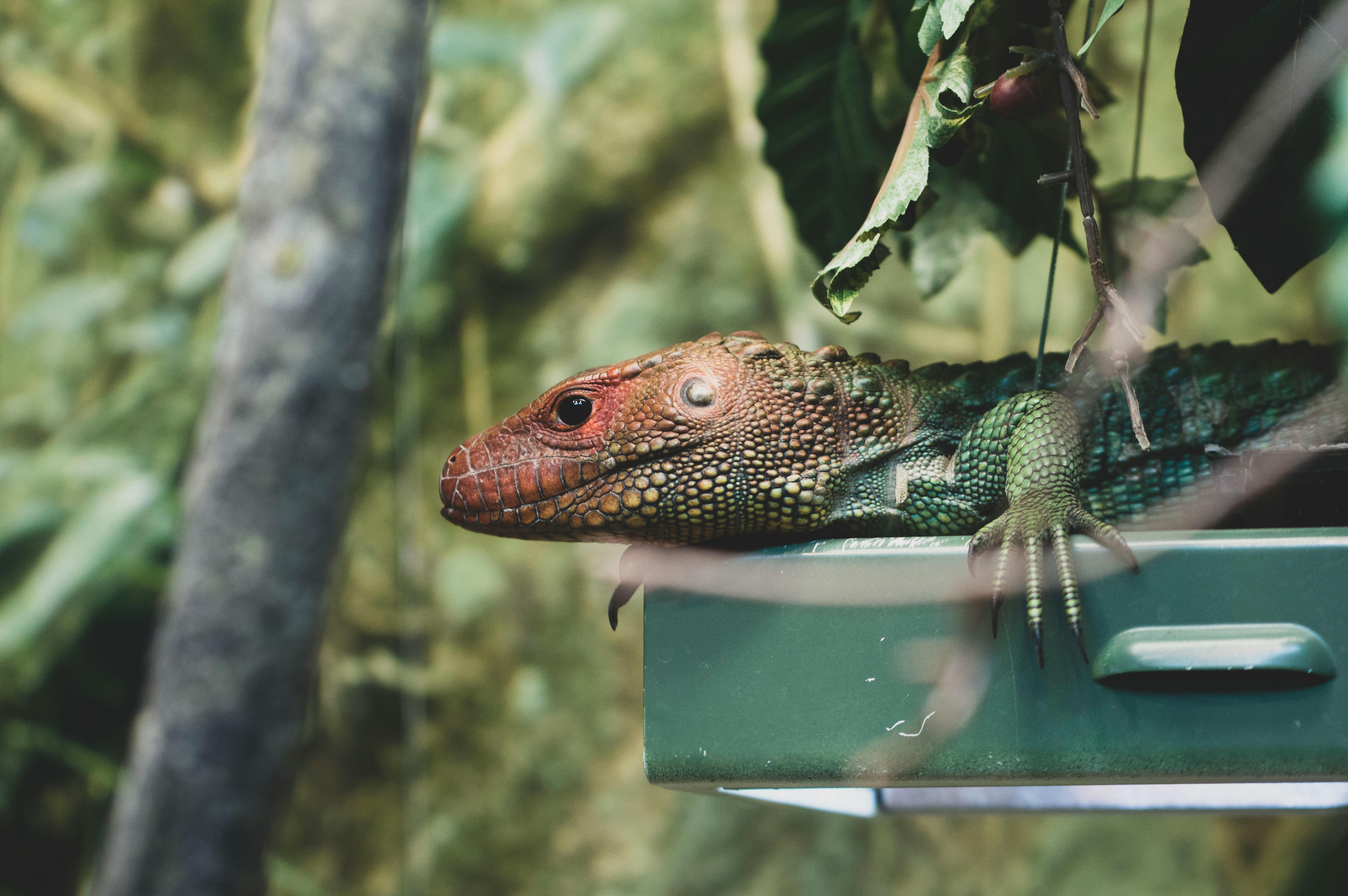The Siberian husky is a purebred dog recognized by the American Kennel Club (AKC) as a breed in 1930. The Siberian husky is a descendant of the “eskimo dog” or sled dog, and is also a member of the larger group of Spitz. dogs that derive from the Arctic. Its Spitz relative includes the Chow Chow and the Pomeranian. Its husky relative includes the Alaskan Malamute and the Samoyed. The Siberian Husky has traits of both groups, including the high-set triangular ears and curly, shaggy tail of the Spitz and the thick double coat of insulating fur and general wolf-like appearance of the Eskimo Dog and other Huskies.
Siberian Huskies were brought to Alaska in 1909 to participate in sledding competitions. His stamina and intelligence helped the husky win many sled races. This breed of dog is more commonly used in American Kennel Club competition than sled racing today, but the traits required to pull sleds are still the characteristics necessary to win.
Behavioral traits common to Siberian Huskies can be problematic for the wrong owner. Like wolves, Siberian huskies howl. This excessive howling can surprise an unsuspecting owner. Huskies are independent, stubborn, energetic pack animals that require specific care and training to maintain their happiness and health. Siberian Husky breeders will not sell puppies to owners who are not familiar with the breed. This is because there are a disproportionate number of Huskies sitting in shelters and rescue centers because their uneducated owners wanted a beautiful dog but did not research the behavioral characteristics of the breed. Siberian Huskies are considered one of the best insurance-boosting dogs due to their tendency to run away and run. Other “bad” dogs on this list include Rottweilers and Pit Bulls.
Siberian Huskies, like wolves, have a pack mentality and are unhappy and boring without constant interaction with humans or other dogs. They require adequate space to run and will become destructive if tied up or locked in a pen. They have a lot of fur and therefore a lot of fur to shed. Potential owners should know how to care for their husky before purchasing.
Siberian husky breeders will not sell purebred huskies to just anyone. In fact, breeders may have more questions for potential buyers than buyers for breeders. Due to the high incidence of abandonment of this breed, breeders will want to ensure that potential owners are a good match for a Siberian Husky.
To find reputable Siberian Husky breeders, it is important to ensure that they live in a cool climate, as huskies are made for cold weather and can suffer from heat stroke at high temperatures. Other traits to look for in a good breeder include the following: the breeder maintains their own kennels, their huskies have received appropriate vaccinations and medical examinations, the breeder does not breed huskies with known medical conditions or behavioral problems, they do not sell to pet shops or pet brokers, the kennels are clean and meet the social and training needs of huskies, they are breed experts and affiliated with purebred rescue centers, they have good references such as the AKC (American Kennel Club), interview buyers to make sure they are a good match and willing and able to provide information about the Siberian husky.
